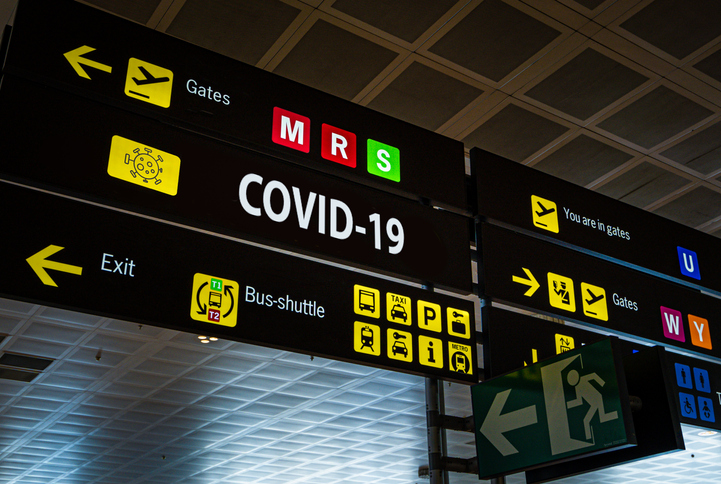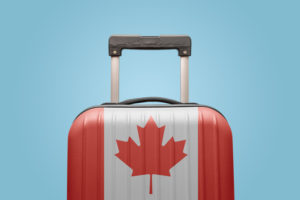Travel Restrictions on International Travel Introduced by Government of Canada for COVID-19:
It was recently announced on January 29, 2020, that the Government of Canada announced new rules and travel restrictions on international travel, in addition to the multi-layered approach on COVID-19 already in place. The Government and Canada’s airlines such as Air Canada and WestJet have agreed to suspend all flights to and from Mexico and Caribbean countries. This took effect on January 31/2021 and will remain in effect until further notice. Details can be found here. So travel to and from Canada for tourists and expatriates will become even more difficult as there has been a big push from the media and public to control the entry of new COVID mutations and strains into Canada and dissuade people from traveling for non-essential reasons. Soon, all air travellers arriving in Canada, with very limited exceptions, must reserve a room in a Government of Canada-approved hotel for three nights at their own cost.
So this could be a Motel 6 or maybe a five-star hotel like the Four Seasons, nobody is sure yet. New arrivals will have to take a COVID-19 molecular test on arrival at their own cost. There will also be testing on land entries at the borders as well. If your COVID-19 test is positive, visitors to Canada will have to continue the quarantine in a government-supervised hotel or a hospital if necessary. You can expect the cost of the quarantine to cost approximately $2,800 Canadian dollars, but that will vary depending on where you are staying.
This change is in addition to airlines suspending flights to and from the Caribbean and Mexico and this will remain in effect until April 30, 2021. The mandatory 14-day quarantine for people entering Canada is still in effect. This will have an even more devastating impact on the travel and tourism industry. It should be said that Canadians are still allowed to exit the country for travel or to become an expatriate. However, as one can gather from the news and Twitter rants, it has become quite socially unpopular in Canada to travel for pleasure reasons. However, some still are.
When will the above rules change is anyone’s guess as the vaccination efforts in Canada have been severely impacted by the lack of COVID vaccines. So in effect, there has been little or no vaccinations in Canada compared to other countries such as the UK and the USA. One should expect that once the COVID pandemic is over or at least subsides and the borders are more open, there will be a huge amount of immigration into Canada to become a resident expat in the country, especially in cities such as Vancouver and Toronto. This should drive up real estate prices even more for locals and expatriates alike.
As you would expect, while there is not a requirement when moving to Canada to have global health insurance coverage, it should be considered vital as most medical services in Canada may be free for those covered by provincial medical plans, that is generally not the case for expatriates until they are eligible. So, make sure you are properly covered for both emergency and non-emergency medical claims when moving to Canada. Also, you should check if the plan will cover COVID-19 related claims.




